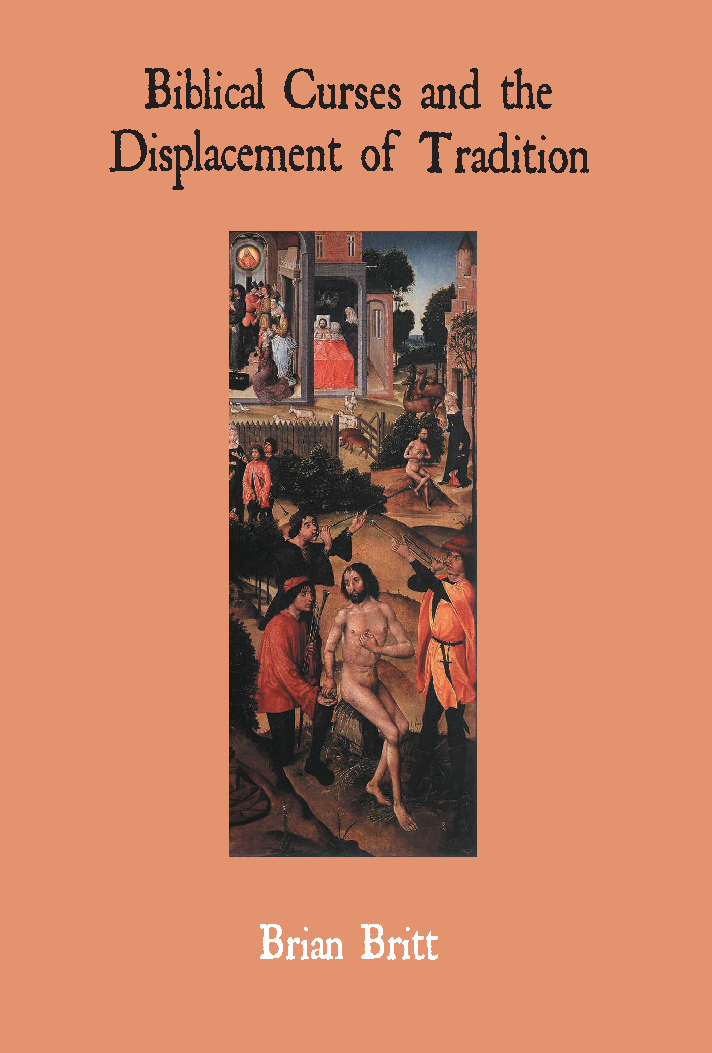Biblical Curses and the Displacement of Tradition
Published: Mar 2011
£70.00
In Biblical Curses and the Displacement of Tradition Brian Britt offers an intriguing perspective on curses as the focus of debates over the power, pleasure, and danger of words. Biblical authors transformed ancient Near Eastern curses against rival ethnic groups, disobedient ancestors, and the day of one's own birth with great variety and ingenuity.
Transformations of biblical curses proliferated in post-biblical history, even during periods of 'secularization'. This study argues that biblical, early modern, and contemporary transformations of curses constitute displacements rather than replacements of earlier traditions.
The crucial notion of displacement draws from Freud's psychoanalytic theory, Nietzsche's critical philosophy, and Benjamin's engagement with textual tradition; it highlights not only manifest shifts but also many hidden continuities between cursing in biblical texts and cursing in such 'secular' domains as literature, law, politics, and philosophy. The tradition of biblical cursing —neither purely 'religious' nor purely 'secular' —travels through these texts and contexts as it redefines verbal, human, and supernatural power.
Biblical Curses and the Displacement of Tradition
£70.00
In Biblical Curses and the Displacement of Tradition Brian Britt offers an intriguing perspective on curses as the focus of debates over the power, pleasure, and danger of words. Biblical authors transformed ancient Near Eastern curses against rival ethnic groups, disobedient ancestors, and the day of one's own birth with great variety and ingenuity.
Transformations of biblical curses proliferated in post-biblical history, even during periods of 'secularization'. This study argues that biblical, early modern, and contemporary transformations of curses constitute displacements rather than replacements of earlier traditions.
The crucial notion of displacement draws from Freud's psychoanalytic theory, Nietzsche's critical philosophy, and Benjamin's engagement with textual tradition; it highlights not only manifest shifts but also many hidden continuities between cursing in biblical texts and cursing in such 'secular' domains as literature, law, politics, and philosophy. The tradition of biblical cursing —neither purely 'religious' nor purely 'secular' —travels through these texts and contexts as it redefines verbal, human, and supernatural power.

